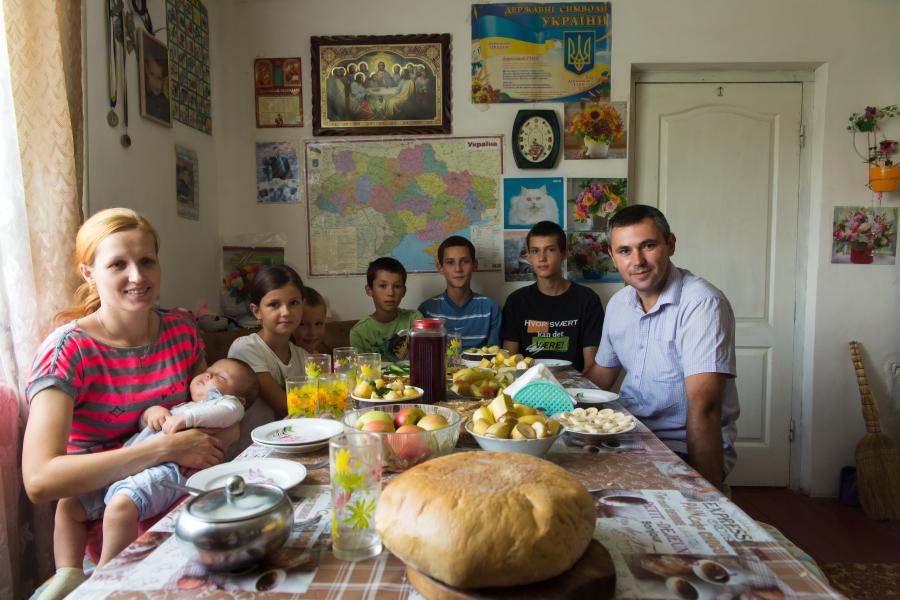Empowering survivors of torture
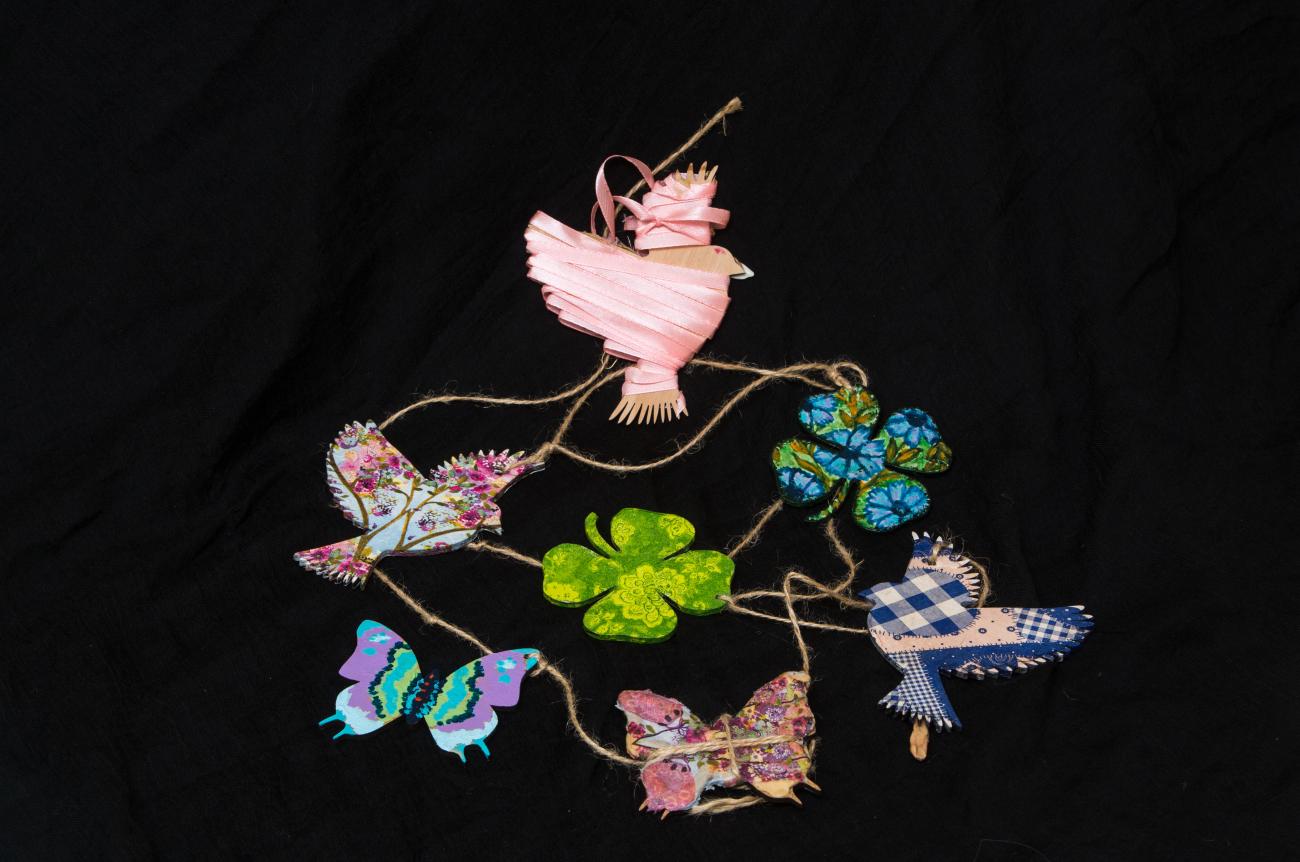
The story of Blue Bird, a non-governmental organization, led by a displaced woman to help others, who suffered from the conflict in the East of Ukraine.
The use of torture and ill-treatment to intimidate, punish, humiliate or extract confessions is a systemic human rights problem in Ukraine, with the ongoing armed conflict that broke out in the east of the country in April 2014 further exacerbating it.
The conflict has so far taken more than 13,000 lives, including at least 3,349 civilians.
Since 2014, hundreds of men and women have been detained, tortured, ill-treated or endured sexual violence, both in the territory controlled by the self-proclaimed ‘republics’ in the east and in the territory controlled by the Government.
“SOMEBODY HAD TO MAKE SURE THERE WAS DIGNITY”
In 2014, as an active supporter of Ukraine’s unity, Hanna Mokrousova was detained by armed groups in her home town of Luhansk.
That spring changed her life forever. When she was released, Hanna fled her hometown to Kyiv, Ukraine’s capital.
She saw just how many people were in her shoes, seeking help that didn’t exist.
“There was a real avalanche of calls from friends, relatives and loved ones of people who were detained or went missing. Nobody knew what to do and everyone, for inexplicable reasons, was calling me,” recalls Hanna.
“I had to do something. Whatever I could.”
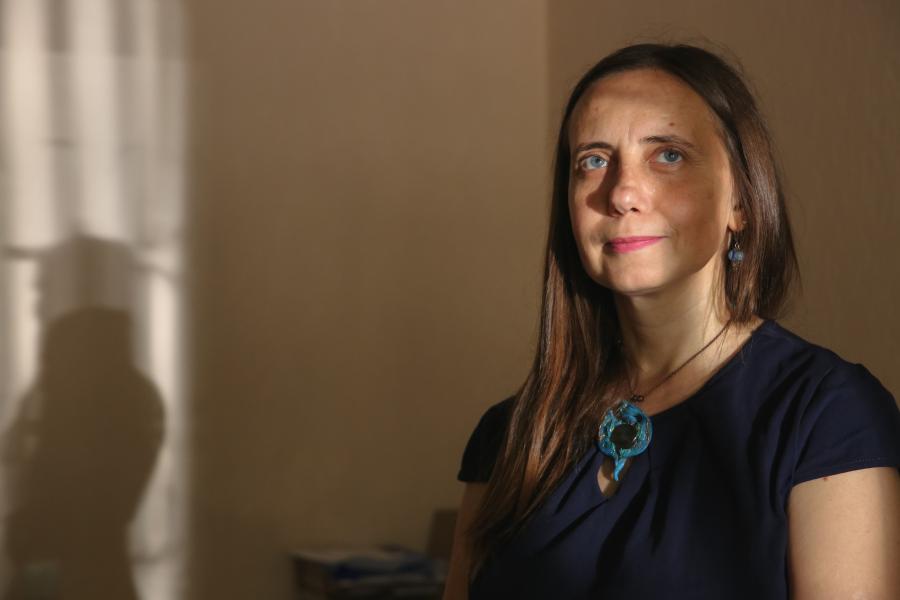
“A series of events: life before – detention – release – displacement. Nobody knew what was next. So somebody had to make sure there was dignity.”
Hanna pulled together a team of like-minded people. At this point, she met the UN Human Rights Monitoring Mission in Ukraine. “I will always be grateful for their support,” she says.
‘BLUE BIRD’ SPREADS ITS WINGS
In mid-2015, Hanna founded a non-governmental organisation called Blue Bird. It provides victims of torture and their families with humanitarian, medical, psychological and legal assistance. The UN Human Rights Monitoring Mission in Ukraine provided advice, expertise and financial support. Significant funding also came from the UN Voluntary Fund for Victims of Torture, which has continuously supported the organisation since 2018.
“I felt their support at every step. I had no experience in project management and, frankly, knew nothing about human rights. UN human rights officers were my mentors and became my friends,” smiles Hanna speaking from a converted Kyiv apartment, now the Blue Bird office.
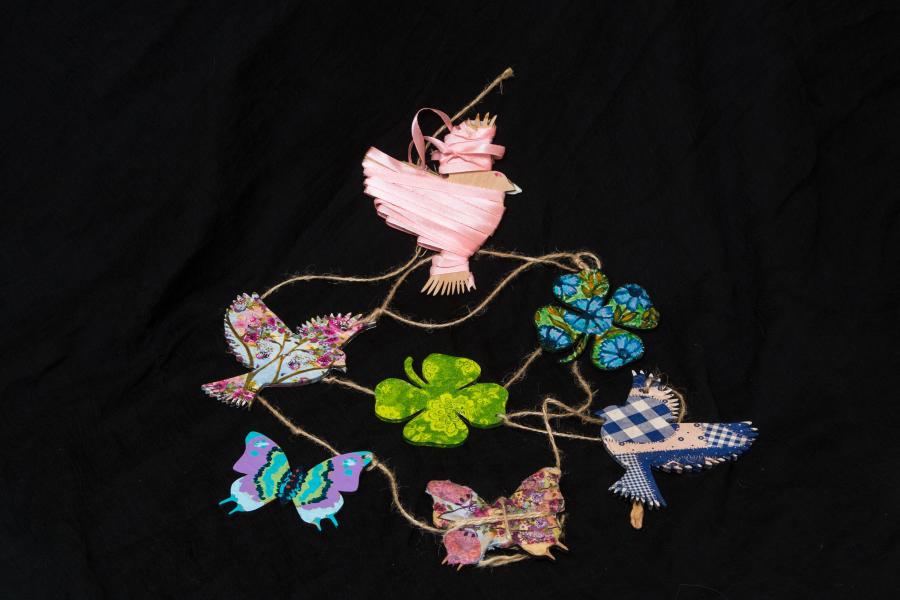
From the onset of the armed conflict, the UN Human Rights Monitoring Mission in Ukraine has been interviewing victims of arbitrary detention, torture and ill-treatment from both sides of the contact line. The teams have monitored investigations and trials, advocated for justice, and conducted capacity building within law enforcement agencies. This has included training of Ukrainian prosecutors, security services, police officers and penitentiary officials on international standards of documentation and investigation of torture.
“We saw an urgent need for services for victims of torture and their families. Since Blue Bird’s inception, we have been referring victims and families there,” says Uladzimir Shcherbau from the UN Human Rights Monitoring Mission in Ukraine.
Over the last five years, at least 3,000 people have received support from Blue Bird.
“We have processed 1,500 applications from survivors. But we also assist their families, so we can easily multiply this number by three,” says Hanna.
At the end of 2019, a mass simultaneous release was carried out by the self-proclaimed ‘republics’ and the Ukrainian government. Hanna and her Blue Bird team were among the first emergency contacts for 76 detainees. Men and women who returned home after years of confinement were supported by the organisation both behind bars, and after their release.
HELPING FAMILIES HELP THEIR LOVED ONES
Often, relatives or loved ones of a victim are the first ones in need and in reach.
“During our contact with relatives, we do our best to stabilise their psycho-emotional state, to inform them about their rights and opportunities, and to assist in submitting the necessary paperwork,” explains Hanna.
It can take weeks, months or years for a family to reunite. When Blue Bird starts supporting a family, they continue throughout the entire time while their loved one is deprived of liberty or missing.
“We regularly provide psychological support for relatives. It is very important that people are not alone with their grief. We help them to deal with hopelessness and not to feel abandoned, not to give up and continue to fight for the release of a loved one,” says Hanna.
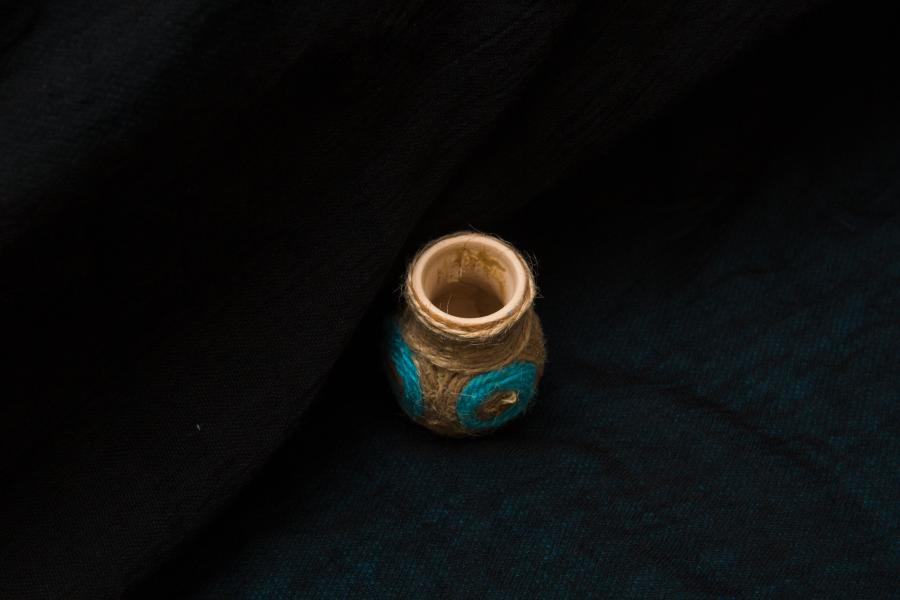
For detainees whose whereabouts are known, Blue Bird arranges delivery of medications, hygienic items, food and clothes.
Upon release, survivors receive medical and legal help, as well as psychosocial support.
“Later we assess how a survivor was able to re-adapt to life and socialise. We inform them about opportunities rather than offer services. We become a kind of a safety net and provide direct assistance only if a person who survived trauma cannot cope on their own,” explains Hanna.
With the support of the UN Voluntary Fund for Victims of Torture, in 2019, Blue Bird organised the first ever series of posttraumatic sessions in Ukraine called ‘Equal to Equal,’ where both coaches and participants are survivors.
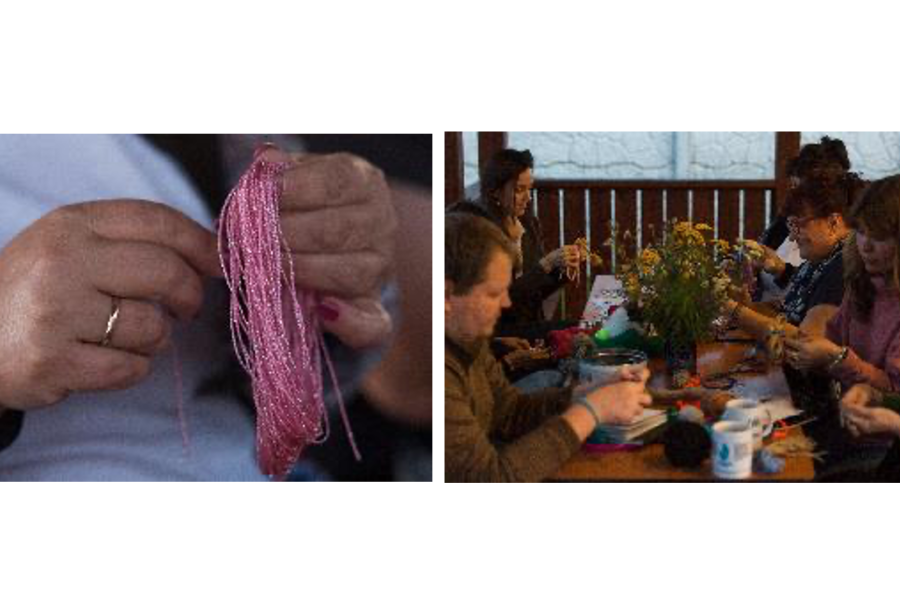
ARBITRARY DETENTION SURVIVORS
Olha Politova, 65, doctor
After more than two years in arbitrary detention in Donetsk, Olha was released in December 2017 through a process of simultaneous release between the Ukrainian government and the self-proclaimed ‘Donetsk people’s republic’ and ‘Luhansk people’s republic’. Now Olha lives on the outskirts of Kyiv, and is continuing her career as a doctor.
Olha says her daughter met Blue Bird right after her detention began. “They provided medications and there was a lot of psychological support for my family.”
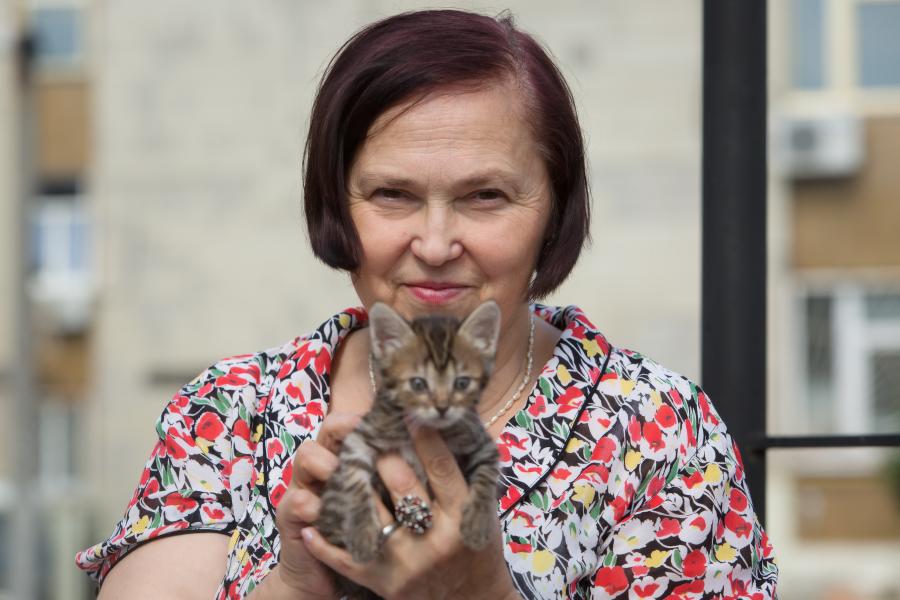
She believes Blue Bird played a role in her release. “Their lawyer filed a lawsuit with the European Court for Human Rights. For a very long time, I was not on the list for ‘exchange,’ and only once there was a court case, I got on the list.”
After her release, Olha continued to attend the sessions with the psychotherapist from Blue Bird. It helped her a lot – both with her past and her future. “What I went through in captivity, I would not wish for anyone. Even for my worst enemy. Torture, humiliation, loss of dignity.
Everything that we were drawing during the art therapy sessions, everything comes true. My life, my job, my resettlement, my home.”
Valeriy Nedosekin, 47, former university lecturer
“In spring 2017, when I was in detention, a note was secretly given to me telling me about ‘the girls’ who were helping my family. At the time, I was receiving medications for my diabetes,” recalls Valeriy.
Valeriy spent 14 months in detention in Donetsk. Uncertainty, he says, was the most horrible thing. “They always threatened that I would not leave alive. Either 20 years in prison, or the death penalty.”
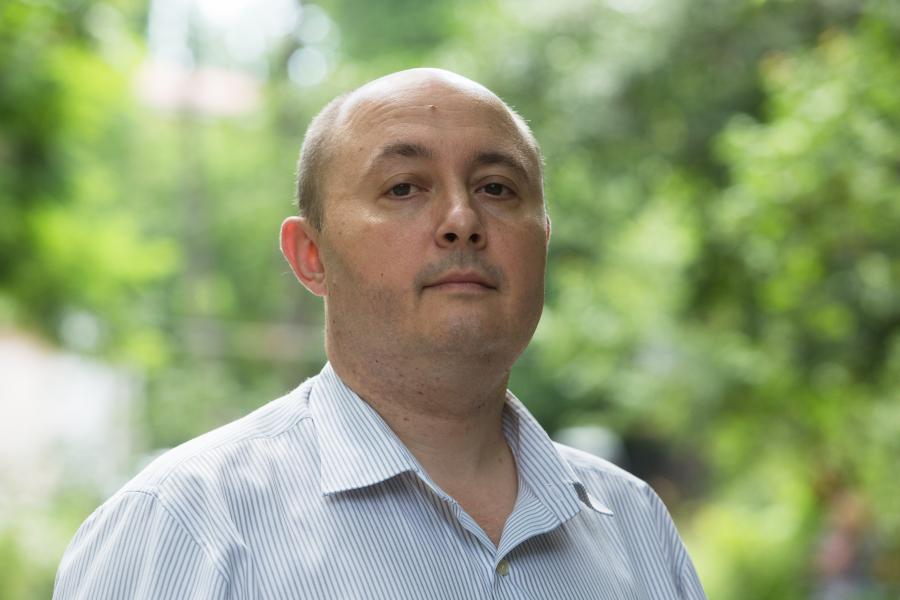
Valeriy recalls his captives had an interrogation room next to his cell. When they turned on loud music, the detainees knew they were beating someone. Even today, almost two years after his release, he reacts sharply to the sound of tape tearing off, a reminder of torture techniques used on fellow detainees.
Any word from outside offered relief, but it was very difficult for Valeriy to know what was going on outside the prison walls. With letters banned, his wife wrote between lines in old magazines or on toilet paper that she delivered in his regular parcels.
Valeriy is grateful for the support from Blue Bird. Attending social events organised by Hanna and her team bring him happiness: “There are always diabetes-safe sweets especially for me there,” he smiles.
Volodymyr Hryban, 39, became a volunteer at the beginning of the conflict, delivering military equipment and humanitarian cargo to the conflict zone. He was detained by armed groups during one of his trips to the contact line. He was beaten, and threatened with death by shooting.
Now a free man again, he recalls how important it was to receive help from Blue Bird.
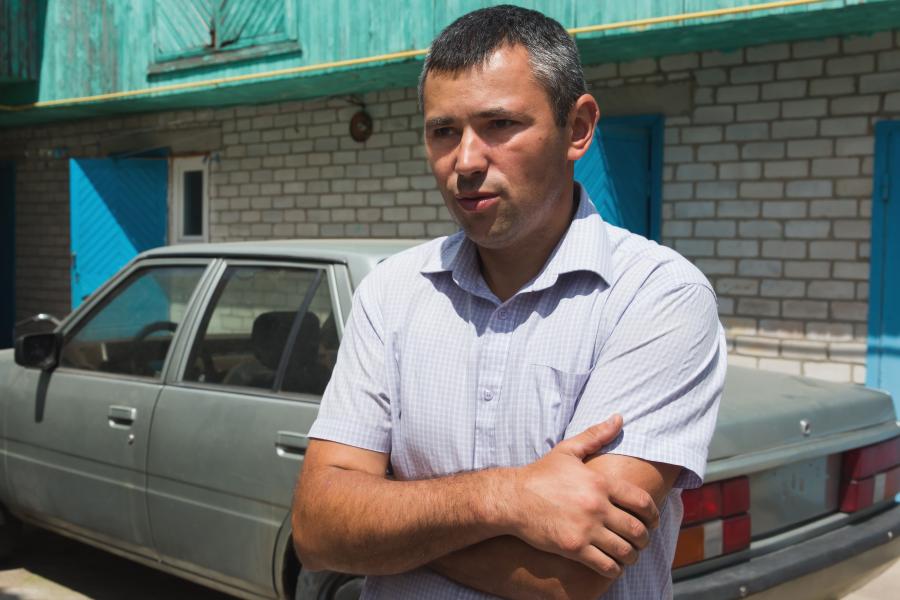
“It just helps that someone listens to you. You realise you are not on your own. I attended psychotherapeutic groups. It's hard to recollect and to share what you've been through, but later you realise that it's not all that scary. Life goes on, you have to live, and you need to learn to live with it. Of course, miracles don’t happen - you don't change in a flash, but it’s getting easier.”
Learning to control his anger and to calm down is one of the greatest benefits of Blue Bird therapy, notes Volodymyr.
“Step by step, I'm getting better. Even when memories come back to me, I can handle them.”
